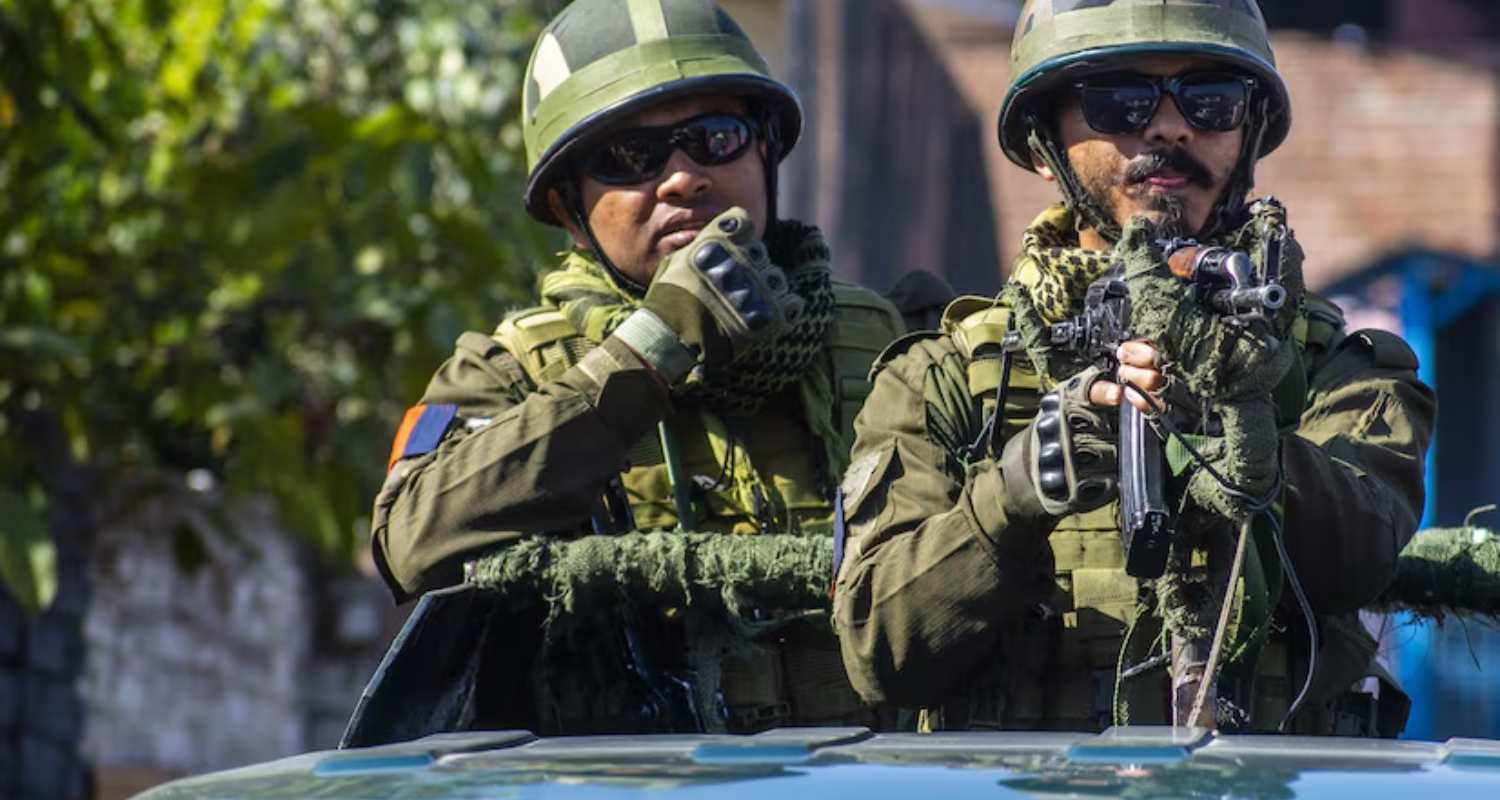In response to escalating tensions between India and Pakistan following the April 22 terror attack in Pahalgam, the Centre has instructed several states to conduct comprehensive security mock drills on Wednesday. According to sources, these drills are aimed at ensuring “effective civil defence in the event of a hostile attack.”
This directive is particularly significant, as the last nationwide civil defence drill of this scale was held in 1971—coinciding with the Indo-Pak war that year. The renewed focus on preparedness signals serious concern within the security establishment over potential threats in the wake of the recent terror strike.
The Ministry of Home Affairs has asked states to implement a series of precautionary and readiness measures, including:
Operationalising air raid warning sirens
- Training civilians and students in civil defence protocols to protect themselves during an attack
- Enforcing crash blackout measures during emergency scenarios
- Camouflaging vital installations at the earliest
- Updating and rehearsing evacuation plans for vulnerable zones
These directives come as the situation along the Line of Control (LoC) shows no signs of easing. Following the Pahalgam terror incident, in which 26 civilians were killed by terrorists with alleged links to Pakistan, border tensions have flared.

For 11 consecutive nights, Pakistani forces have reportedly opened fire on Indian posts along the LoC. The Indian military has issued strong retaliatory responses to these provocations.
In Punjab’s Ferozepur district, a blackout drill was conducted on Monday evening, where power was shut down in the cantonment area between 9:00 and 9:30 PM. The Punjab State Power Corporation Ltd (PSPCL) was directed to cut electricity during the scheduled exercise window.
In a communication, a local cantonment officer stated:
“This rehearsal aims to ensure preparedness and effectiveness in implementing blackout procedures during prevailing war threats.”
“You are requested to ensure adequate security arrangements during this period, given the total blackout,” the letter added.
India has pledged to retaliate for the Pahalgam massacre—the deadliest terror attack in Jammu and Kashmir since the 2019 Pulwama bombing. On Monday, Prime Minister Narendra Modi met with Defence Secretary Rajesh Kumar Singh for a high-level review of the security situation. The meeting, which lasted over 30 minutes, followed recent consultations with the chiefs of the Army, Navy, and Air Force, including Air Chief Marshal Amar Preet Singh.
The Prime Minister has made it clear that the perpetrators and their enablers will face consequences “they cannot imagine.” His warning has been echoed by leaders across party lines, reflecting a rare consensus on national security.
Defence Minister Rajnath Singh added further weight to this sentiment, stating on Sunday:
“What you desire will certainly happen,”—a veiled but clear reference to imminent action.
India has already initiated a series of sharp diplomatic steps against Pakistan. The suspension of the Indus Waters Treaty of 1960 marks a historical shift in policy—even during the 1965 and 1971 wars and the 1999 Kargil conflict, the treaty remained untouched. In addition, New Delhi has scaled down Pakistan’s diplomatic presence in India.
Islamabad has responded by threatening to treat any disruption of water flow as an act of war. Pakistani officials have also warned that they may suspend all bilateral agreements, including the Simla Agreement—an accord that defines and legitimises the Line of Control between the two countries.
Any suspension of the Simla Agreement could raise serious questions about the validity and recognition of the LoC. Meanwhile, Pakistan continues to violate the 2003 ceasefire agreement, which was established to reduce hostilities and stabilise the border region. The LoC has witnessed continuous ceasefire breaches for 11 straight days, further straining already frayed ties.
Also Read: Pak cyber groups attempt to hack Indian defence websites



